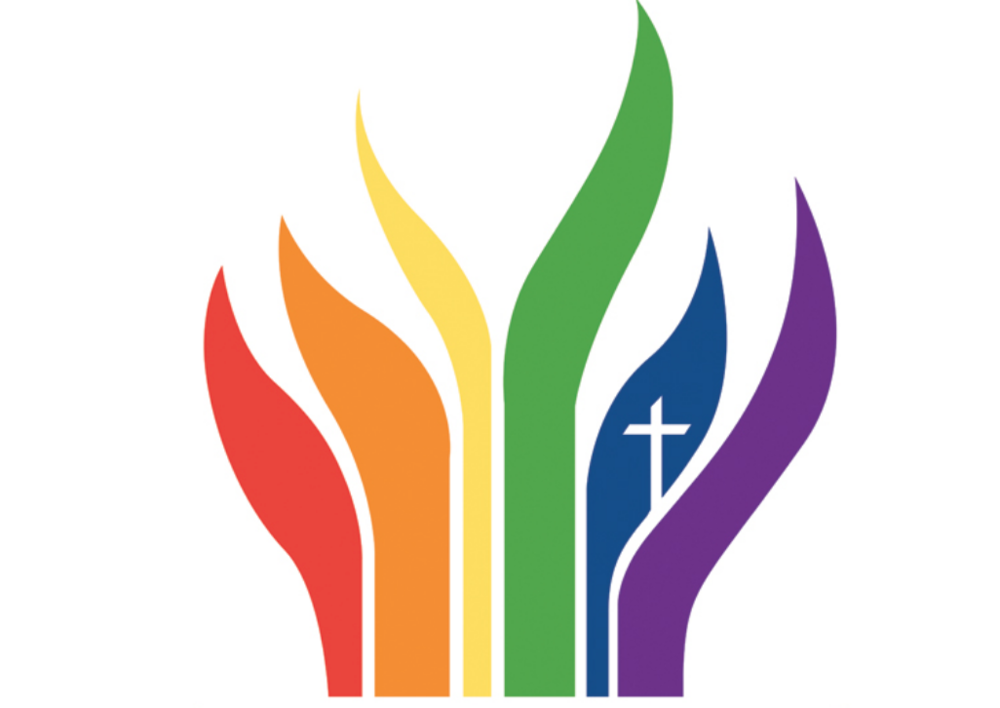The World Cup in Qatar kicks off in less than a week. It is likely to be the most controversial soccer tournament in FIFA’s history, something that has dogged the host nation since being awarded the tournament in 2010.
The controversy is largely tied to the Muslim country’s beliefs and mores. It’s about human rights, welcoming LGBTQ fans, drinking alcohol and modest dress. It’s as much a cultural and societal issue as it is a sporting one. It is also, of course, a religion-news story.
The focus of the news coverage so far has been around what could happen on the field as much as off of it.
Qatari officials have labeled much of the negative coverage either racist or Islamophobic. Either way, this could be the first global sporting event in history where religion, and understanding it, will be a major part of the overall context of this competition. Even the World Cup’s official mascot is an homage to Islamic garb. And did you notice the Pride logo for the 2022 team USA kit?
I explore many of these themes and issues in my new book on the history of the World Cup. With over a billion followers, Islam is the second-largest religion in the world after Christianity. Muslims are forbidden from drinking alcohol since the Prophet Muhammad, to whom Muslims believe the word of God was revealed in the Quran, spoke against it. This is key for sports editors and journalists to understand when it comes to Qatar 2022 coverage.
For example, Qatari officials have said beer will be sold inside the venues and drinking will be allowed inside designated areas, such as fan zones, hotels and restaurants. I was asked that very question months ago when I was booking my trip to Doha. At the same time, billboards have been put up across the country with quotes from the Prophet Muhammed.
The Associated Press, with bureaus across the globe, put together a great explainer under the headline, “Islam in Qatar explained ahead of FIFA World Cup.” This is a must-read for editors and reporters as well as fans and visitors. Here is how it opens:
Qatar is a Muslim nation, with laws, customs and practices rooted in Islam. The country is neither as liberal as Dubai in the United Arab Emirates nor as conservative as parts of Saudi Arabia. Most of its citizens are Sunni Muslim.










